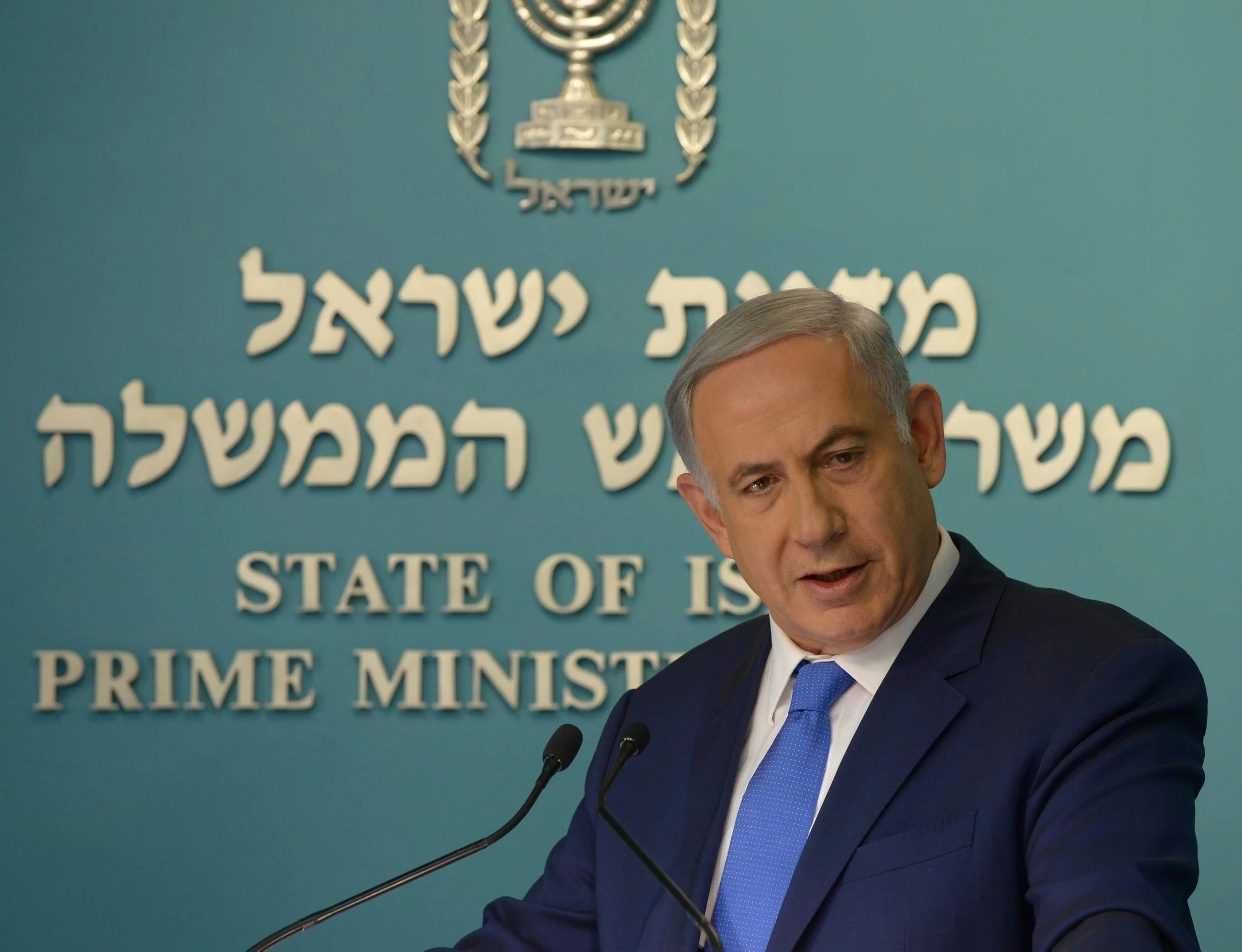Mass Protests Erupt in Israel Over Proposed Judiciary Overhaul
Prime Minister Netanyahu at a press conference in 2016. Photo by Amos Ben Gershom via Flickr.
Israel’s Prime Minister Benjamin Netanyahu proposed a new reform that would overhaul the country’s supreme court, sparking historic protests that have gripped the nation since January.
Back in January, Netanyahu was sworn in to lead Israel for a third time as prime minister; two weeks after taking office, he proposed a reform that would disrupt the country’s already fragile checks and balances system.
Under this reform, Israel’s parliament, the Knesset, would be able to pass laws even if the supreme court ruled them illegal. It would also grant the prime minister and his allied colleagues the final word on appointing judges, according to NBC.
A majority of Netanyahu’s colleagues in the Likud — the center-right to far-right leaning party in Israel — are on board with this reform. Two of them, Yarin Levin, the Minister of Justice, and MK Simcha Rothman, the Chair of the Law and Justice Committee, have been noted for patterns of vocal hatred towards the country’s supreme court. For years, the Israeli supreme court has passed various measures that haven’t aligned with the Likud’s beliefs.
Israeli citizens have fought back against this proposed reform through fervent protests and strikes, which kicked off on January 7. A number of unios have weilded their collective strength through large-scale strikes, with effects reverberating through Israeli society.
As reported by CBS, a strike by the Histadrut umbrella group, representing over 700,000 workers in health, transit and banking, threatened to “paralyze large parts of Israel's economy.” The Israel Medical Association announced this strike would have considerable impacts on their healthcare system.
Pushback from the Israeli military has placed pressure on the Prime Minister and his allies. Some military reservists have been vocal about this reform, saying if Netanyahu keeps pushing this, they will not serve for Israel.
The largest demonstration erupted on March 26 when Yoav Gallant, the Minister of Defense, was fired by Netanyahu for opposing this reform and called for him to freeze its passage. Gallant was the first to speak out against Netanyahu’s proposal, as noted by the Associated Press.
In response to Gallant’s removal, tens of thousands of protestors lit bonfires on Tel Aviv’s main highway, conducting large-scale demonstrations. Chanting “The country is on fire!”, the protesters sent a powerful message and closed down roads across the country.
“Where are we leading our beloved Israel? To the abyss. Today we are stopping everyone's descent toward the abyss,” said Aron Bar-David, an Israeli trade unionist and the chairman of the Histadrut group, to CBS.
On March 27, Netanyahu paused the judicial overhaul due to the continuous strikes that had the potential to critically harm the country’s economy. Israel’s president, Isaac Herzog, said the reform was halted “for the sake of the unity of the people of Israel, for the sake of responsibility,” as reported by Aljazeera.
“One thing that I want to emphasize is that this is not over: The government very clearly said that they’re not withdrawing the proposals altogether,” said Guy Lurie, a researcher at the Jerusalem-based Israeli Institute for Democracy.
